A journey into the history of the Italian language, where food and words are woven together, nourishing the identity and essence of our rich national culture.
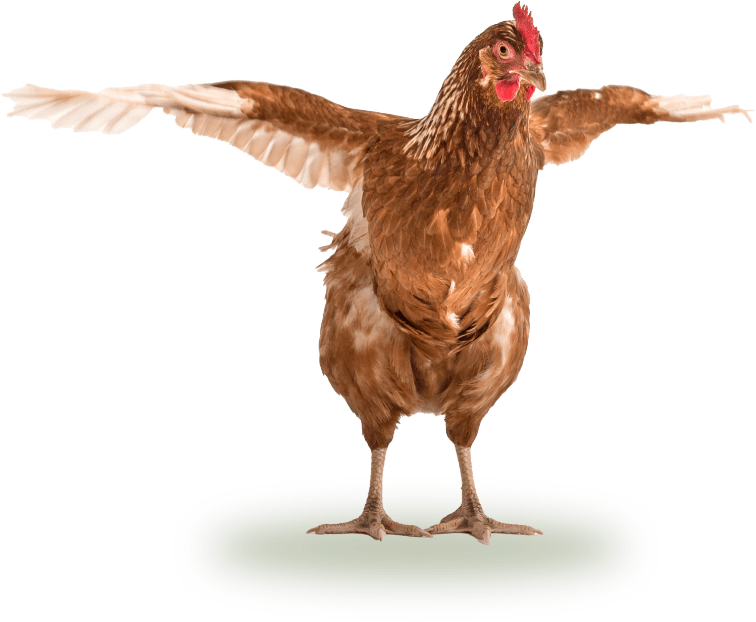

The modern poultry industry is based on the use of industrial buildings containing a massive concentration of chickens designated specifically for the production of either eggs or meat. Consumers often don't have much choice, and are forced to sacrifice ethical, sustainable ideals to choose the "fruits" of this system.
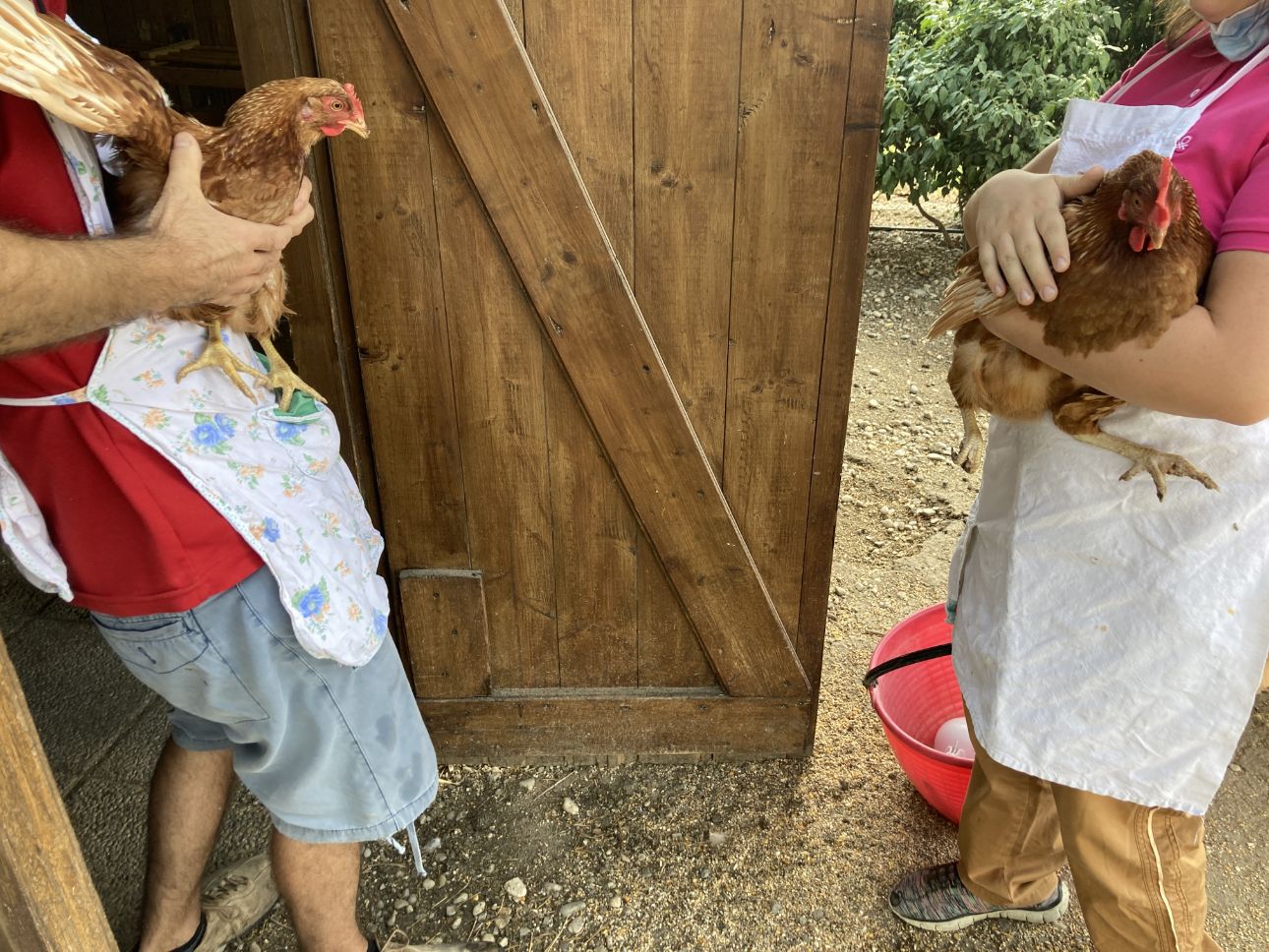
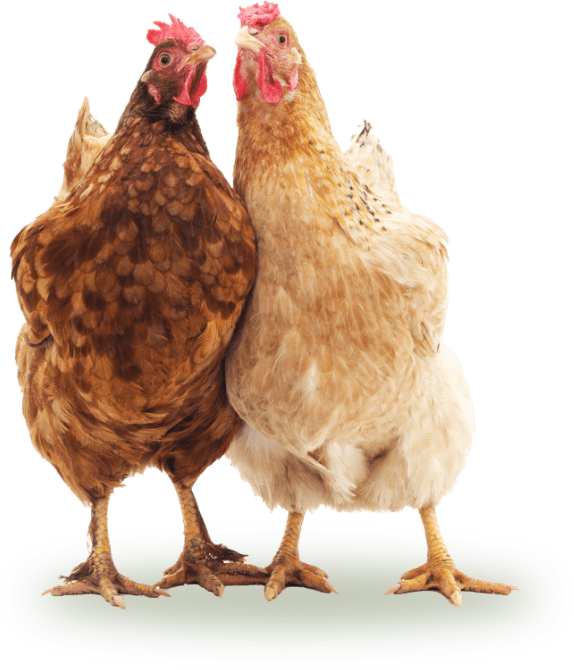
This is not the case for the Social Henhouse, an initiative that since 2016 has allowed citizens to adopt a hen and pick up the eggs she produces weekly. The henhouse is managed with total respect for the hens' nature, and actively engages vulnerable people, offering them opportunities to work and develop cognitive and emotional skills.
The initiative has formed a genuine network that began in Toscanella di Dozza (BO), and has now spread as far as Piacenza, with no intention of stopping: their ambition is to branch out to the whole of Italy, in order to allow Italians to travel to the henhouse closest to their city, get local eggs, and therefore reduce transport costs.
To better understand what this is all about, we met with Simona Landi, the communication representative for the Seacoop social cooperative, where the first Social Henhouse was started, and Valentina Pacella from Spazio 4.0 in Piacenza, where the most recent social henhouse in the chain is, which opened in June 2023.
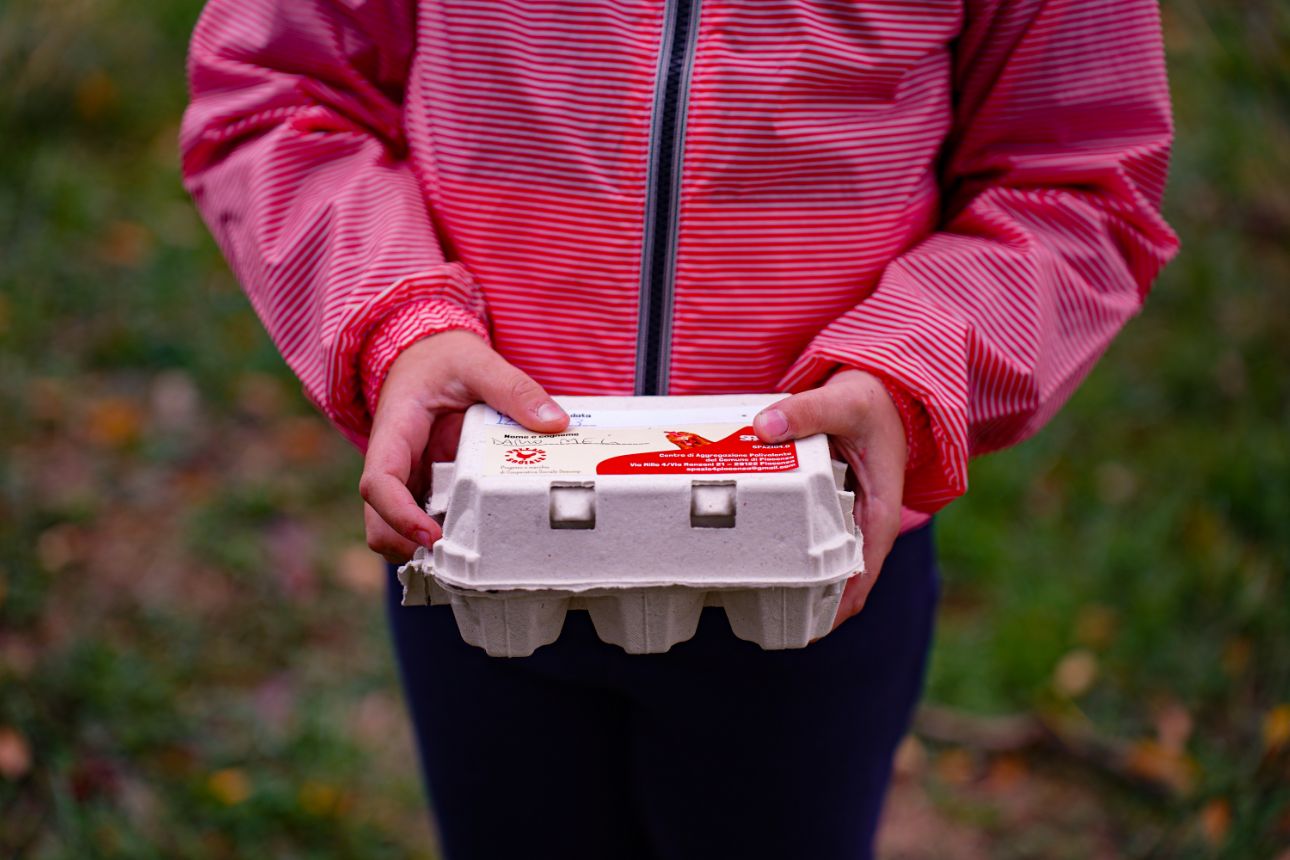
"The idea came about in our social-employment centre "La Tartaruga" - says Simona - a hub that hosts young people with disabilities, managed by the Seacoop Social Cooperative. Between 2015 and 2016, an agronomist who ran our vegetable garden thought of an original formula: add a domestic henhouse to our spaces and open it to citizens.
All of the care for the chickens, from food, to water, to collecting the eggs, is carried out by the people who attend the centre every day. The proposal was immediately welcomed enthusiastically by the cooperative. It was a wonderful idea, ideal for the rural area where the centre is located, in the open countryside.
The offer made to citizens is that they can adopt a hen for a year in return for a financial contribution for her sustenance, we take care of the animal, and they can come to meet the hen and take fresh eggs every week. This concept works towards integration, which is one of the most successful aspects of the project, because it allows the young people at the cooperative to make connections and socialise."

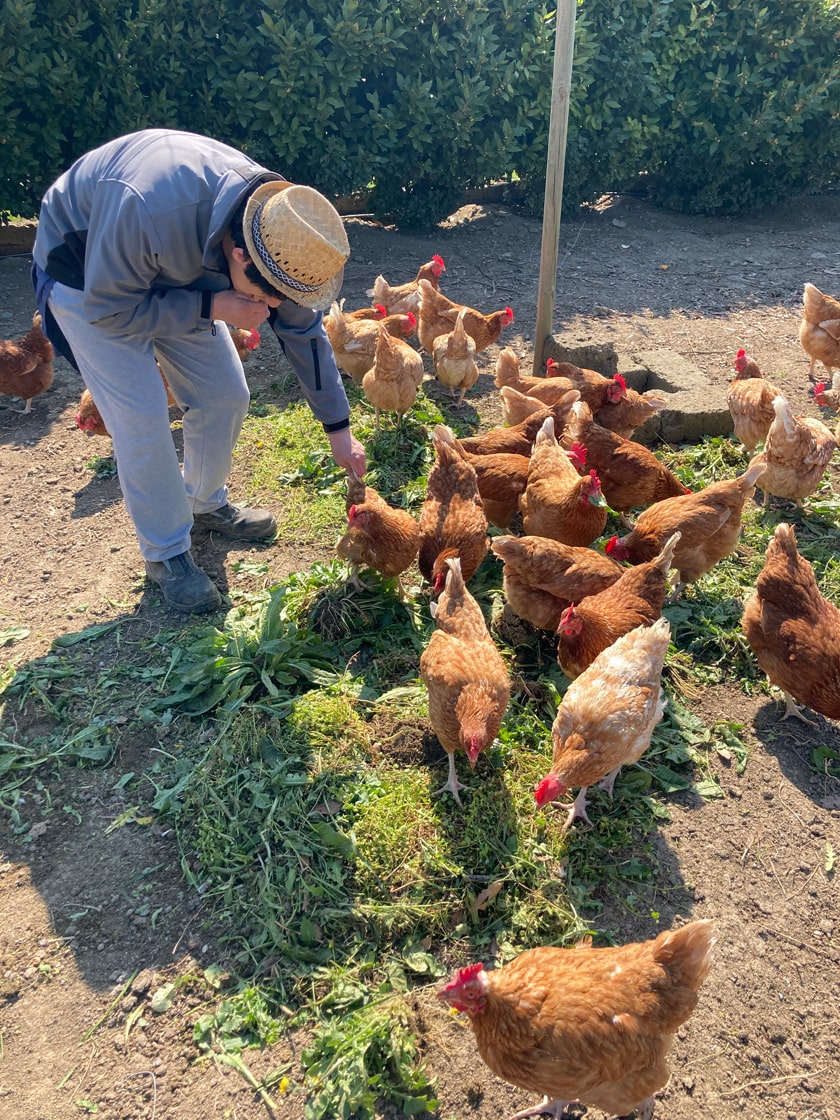
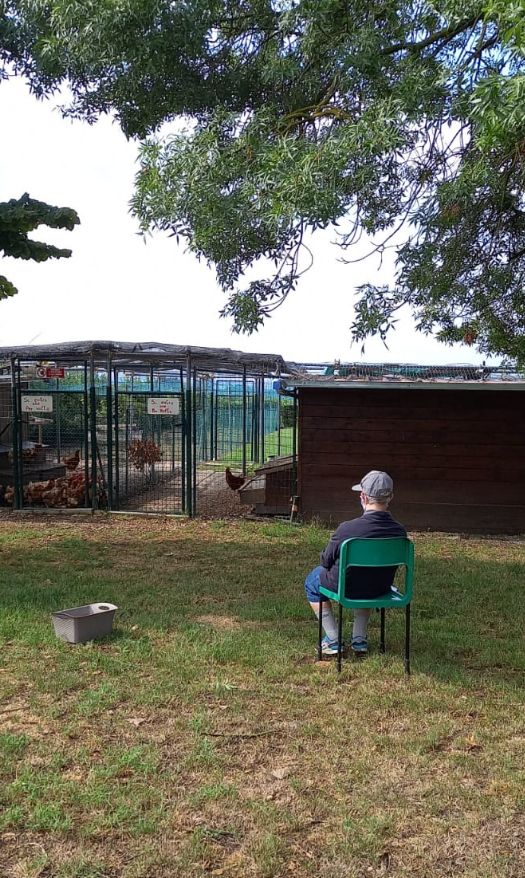
"Brilliantly! - confirms Simona. The project worked. In a short time, all 35 laying hens were adopted, so we decided to build a second coop. Despite the long waiting list to adopt, we have decided not to build more henhouses at our centre, because we are currently at the right number to uphold our philosophy.
We have taken care of all the smallest details to create the highest possible level of wellbeing for the animals. The chicken coop is made from wood, with respect for health regulations. The feed is natural, produced from the waste from our vegetable garden. The hens have a swing, wooden toys, and a sand and ash pit where they love to scratch, which is very effective for natural pest removal. And one of the latest features is the introduction of a system to play classical music. Regardless of their eggs, chickens are animals that are easily stressed, and classical music has direct benefits for their relaxation."
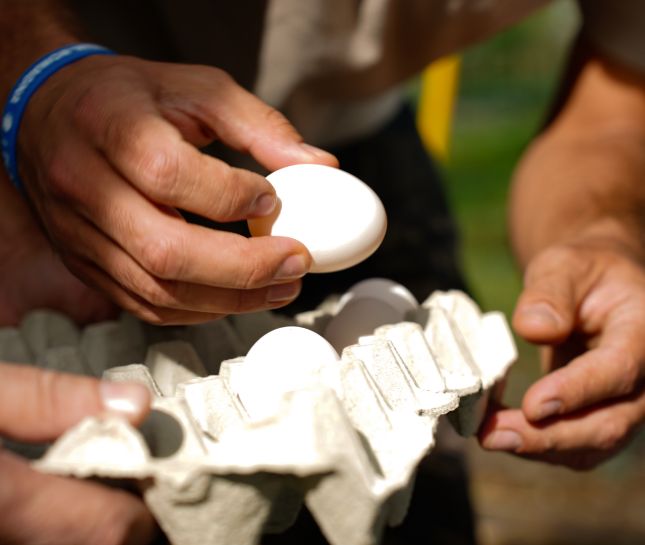
"Since 2019, - continues Simona - the Social Henhouse - Pollaio Sociale® - has been a registered trademark. We wanted to make the project replicable, with the goal of creating a network of social henhouses spread across the country. Over the years, another four social henhouses have been built, affiliated with ours: in Rimini, Forlì, Cesena, and finally Piacenza. A new opening is planned for spring 2024 by a cooperative in Bologna.
We want to protect our partners and make sure the project does not get misrepresented. For an annual fee, it is possible to join the network, making use of the trademark, the logo, our training and guidelines.
This is an economically sustainable project that offers opportunities for sheltered employment. Not just for cooperatives that work with disabled people, but also for other brackets of the population: people struggling with addiction, the elderly, and schools who want to involve their children.
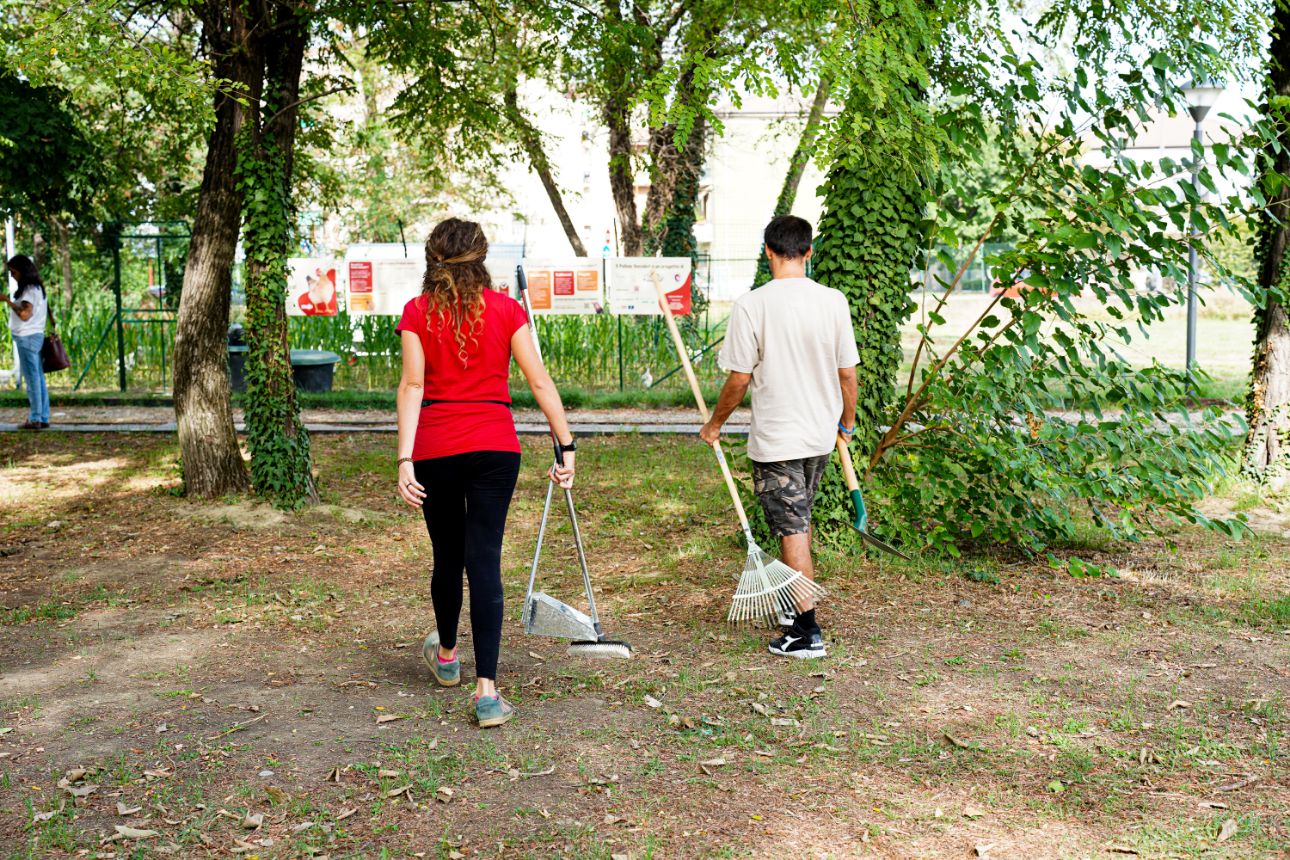
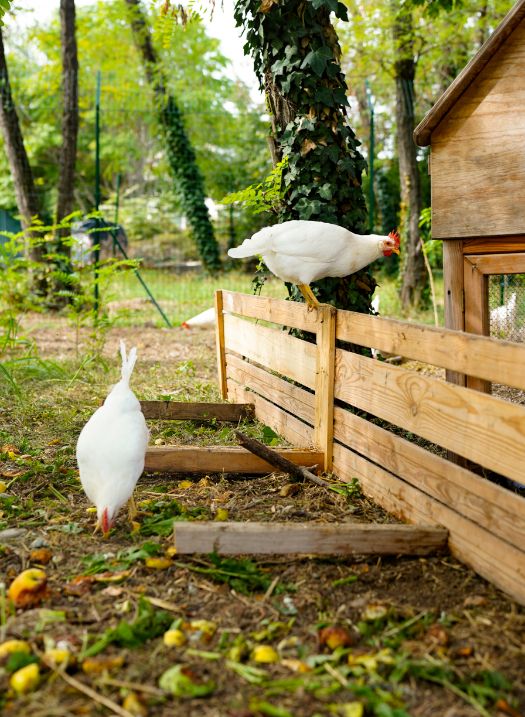
"After visiting the Social Henhouse at the "La Tartaruga" centre, we wanted to join the network too - says Valentina.
The henhouse is in the green area of Spazio4.0 in Piacenza: a multi-functional centre that houses three non-profits active in the educational, cultural and agri-social fields: L’Arco, Officine Gutenberg and Cosmonauti APS. The people working to take care of the chicken coop are vulnerable young people from Officine Gutenberg, a social cooperative that provides employment, along with volunteers from the Autism Experimental Group - the Piacenza Municipal Social-Employment Centre.
In our case, the initiative is part of a broader movement for environmental sustainability and social inclusion, supported by a crowdfunding campaign as part of the "Crédit Agricole for Dream" programme. We are one of 12 projects selected in support of the fight against climate change and social inclusion - which are among the goals in the UN 2030 Agenda for Sustainable Development. We have had significant success. Crédit Agricole Italy has chosen to include us among the highlights in their fundraising communications.
The henhouse is open to anyone who wants to help support it. Shopkeepers donate fruit and vegetable scraps for the hens, for example. As well as adopting the hens, anyone can support the project by purchasing brand merchandise from the e-shop on the Pollaio Sociale website. Another way to support the project."
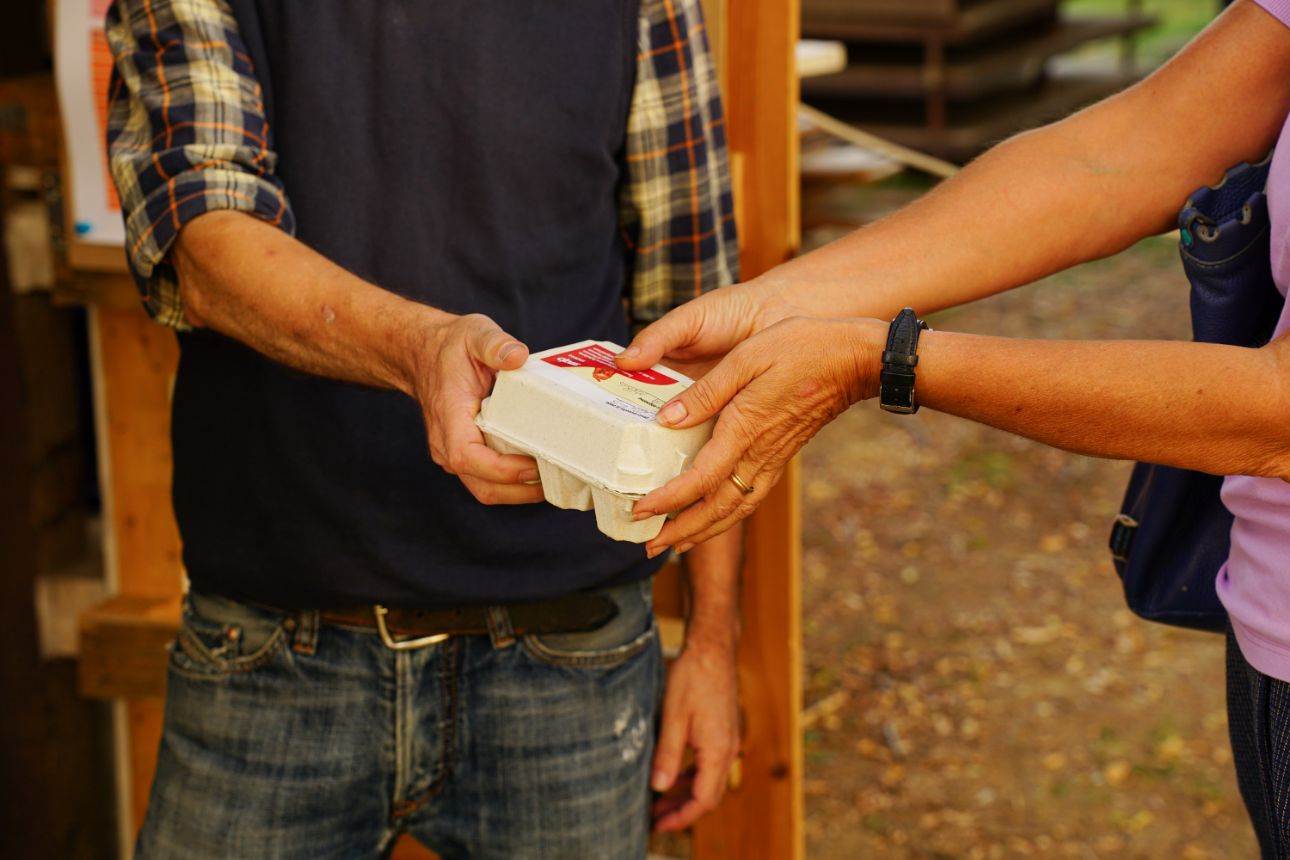
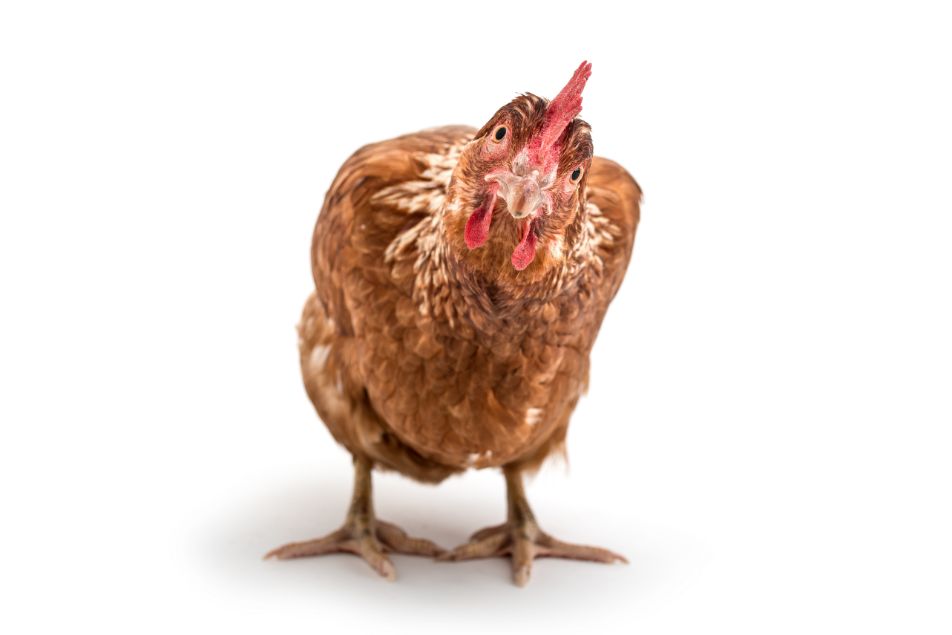
The challenges are complex, but the solutions can be simple. The Social Henhouse network shows this: even such apparently small acts, with everyone's support, can branch out and create large-scale change.
Images Credits:
© Nicoletta Novara
A journey into the history of the Italian language, where food and words are woven together, nourishing the identity and essence of our rich national culture.
Caviro puts sustainability initiatives into action, interweaving culture, community and innovation in a journey of progress and collective wellbeing.
